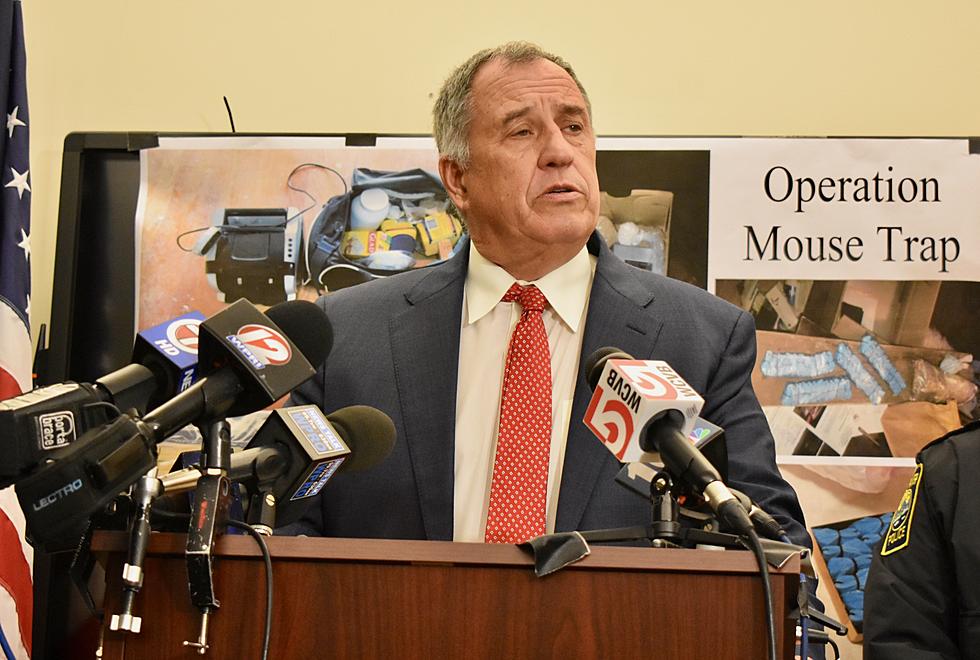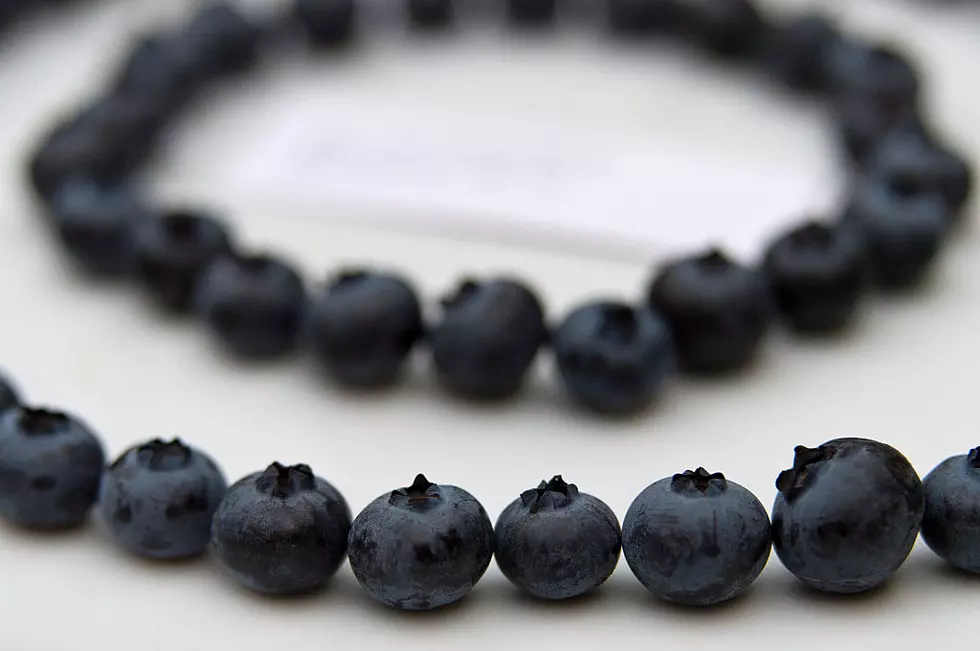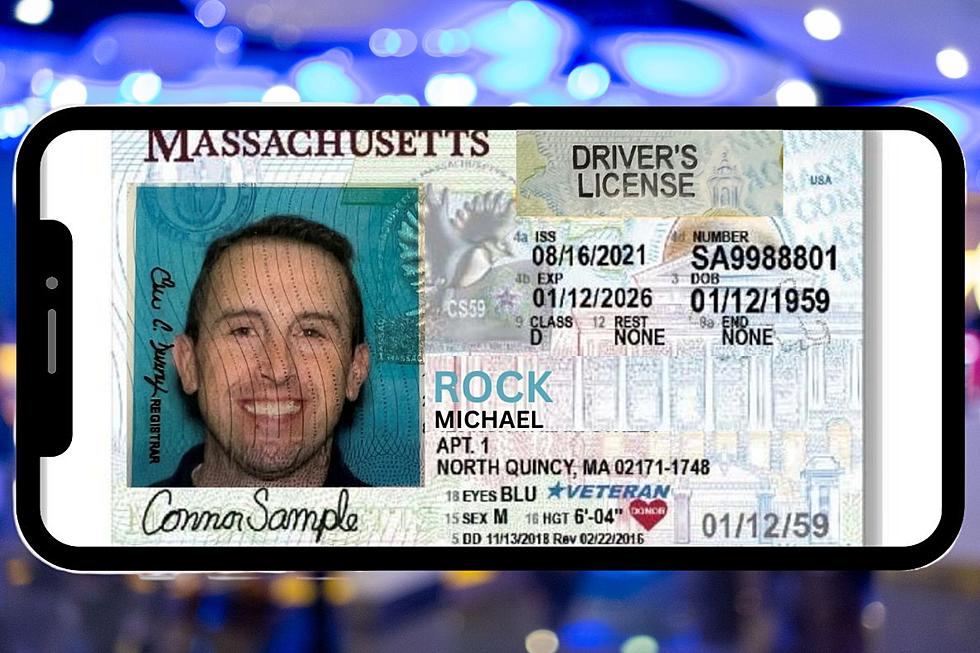
Seven Massachusetts DAs Oppose COVID-19 Prisoner Release Petition
Seven of the state's 11 district attorneys today filed a brief with the state's highest court opposing the categorical release of certain prisoners during the COVID-19 outbreak.
The Massachusetts Supreme Judicial Court today is hearing oral arguments on an emergency petition to reduce the volume of people inside Massachusetts jails. The petition was filed by the ACLU of Massachusetts, the Committee for Public Counsel Services and the Massachusetts Association of Criminal Defense Lawyers.
“Public health experts recognize that there is a heightened risk of infection for people in prisons and jails,” stated Carol Rose, executive director of the ACLU of Massachusetts. “Downsizing the footprint of the criminal legal system is a matter of life and death, and it should be a part of the COVID-19 public health response."
"Any man or woman who does not pose an immediate threat to the community ought to be immediately released from our jails and prisons, whether they are held pretrial or post-conviction,” added Victoria Kelleher, president of Massachusetts Association of Criminal Defense Lawyers.
The petition would release non-violent detainees held before the disposition of their cases. It would spring all inmates who are vulnerable to COVID-19 or near the end of their sentences. It would release inmates who do not pose a threat to the public and automatically release those eligible for parole.
The petitioners say it's a public health issue. “Protection is now needed for the roughly 16,500 vulnerable people incarcerated in Massachusetts,” the petition reads. “Correctional facilities, where physical distancing and vigilant hygiene are impossible, can be petri dishes for the rapid spread of infectious disease.”
Bristol County District Attorney Thomas Quinn III was one of the seven to sign the opposition brief. Today he released an additional statement warning of "grave, unintended consequences" from "rash and ill-conceived decisions" during the pandemic.
Quinn said he is mindful of the public health crisis. But he said he is also concerned about victims whose rights would be violated by the mass release of thousands of inmates from Massachusetts jails and prisons.
"This would jeopardize both their physical and mental well-being, especially in cases of domestic violence," Quinn wrote.
Quinn opined that correctional facilities are well-equipped to deal with infectious disease outbreaks, and said they have implemented stringent protocols to protect inmates and staff from the coronavirus. He said that so far, no one has tested positive in the Bristol County jails.
Quinn said he supports the individual review of cases but is strongly opposed to the categorical release of defendants and convicts. He said such a mass release is "against the public interest and should not be done in a society based on the rule of law."
The brief from the Massachusetts DAs states that "the admittedly immense presence of COVID-19 cannot and should not cause the Commonwealth to abandon its obligations under state law to provide victims with their statutorily-granted rights."
In addition to Quinn, the brief was signed by Cape and Islands DA Michael O'Keefe, Eastern DA Jonathan Blodgett, Hampden DA Anthony D. Gulluni, Plymouth DA Timothy J. Cruz, and Worcester DA Joseph P. Early.
Outside of the courtroom, a coalition of progressive advocates, including Bristol County Correctional Justice, have called for the broad release of incarcerated people who pose no danger in order to reduce crowding during the pandemic. "These should prioritize those with serious medical conditions, others awaiting trial for inability to pay bail, and those who have been jailed for technical probation and parole violations," the coalition stated.
For their part, the advocates note at least eight state court systems, including Alabama, Maine, Montana, New Jersey, Ohio, South Carolina, Texas, Washington and the District of Columbia, have taken steps to limit incarceration during the COVID-19 pandemic.

More From WBSM-AM/AM 1420









